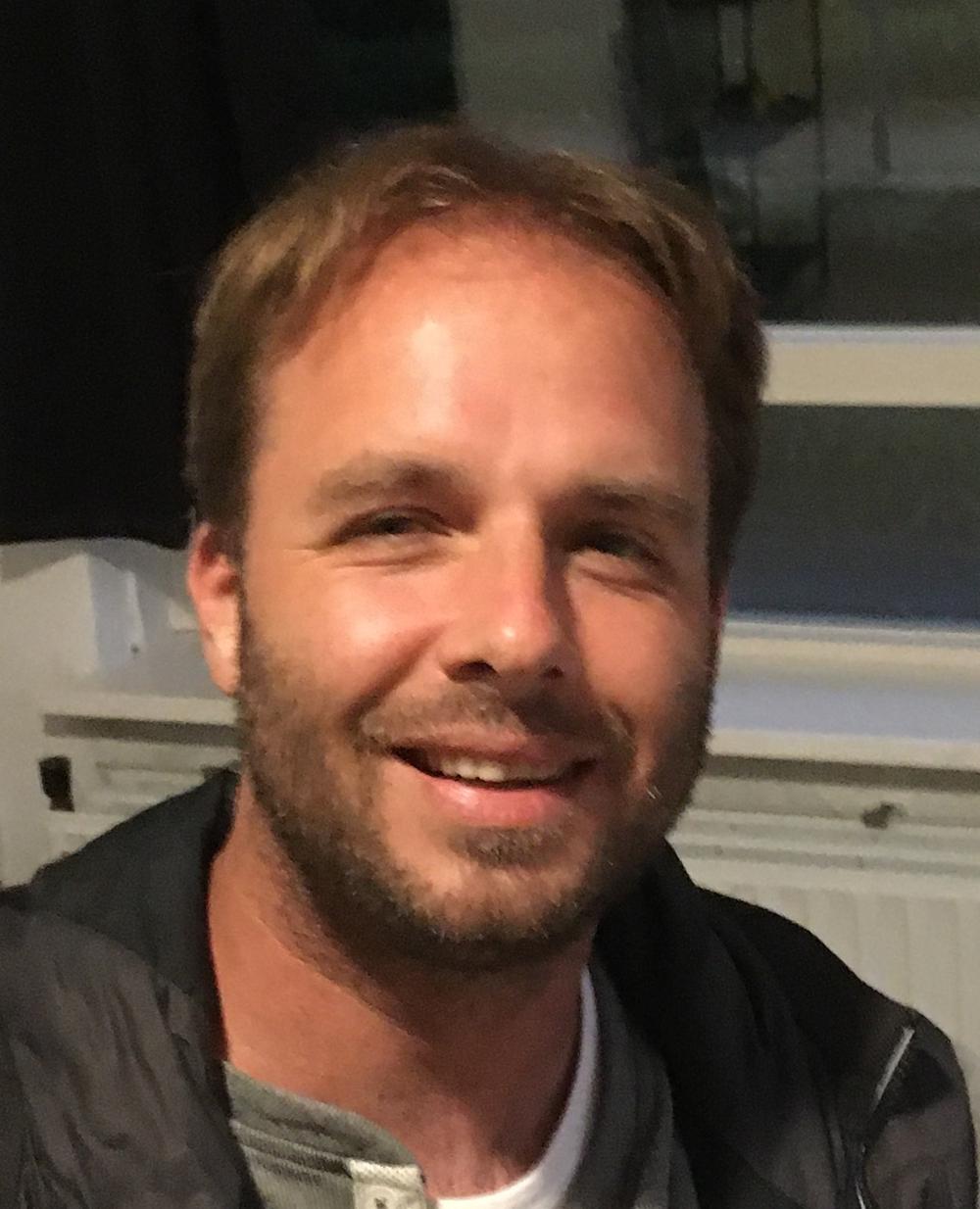Lex Roes - 2022
In the academic year 2001-2002 I was the secretary of Storm. In that year I had started as a student ‘environmental natural science’. It was the 4th study I had subsequently registered for, and I had lost some years at other studies (medical biology, medicine, and environmental biology).
I always had been a member of the student associations of the educations I had followed. At the faculty of biology in Amsterdam this was ‘C.o.n.g.o.’, at the medical faculty in Amsterdam this was ‘M.F.A.S.’ and now I arrived at ‘Storm’ in Utrecht! We had a very nice introduction period and Storm was looking for a new board. I figured it could be a nice opportunity to gain some additional experience, applied and became the new secretary. It was a nice experience, although making minutes at meetings was new for me and I found out it is very important to be a good listener. I also remember organizing a weekend trip to Texel. About 25-30 Storm members participated and someone had decided to have pancakes for dinner. Lesson learned: This is not a good idea when over
25 people are hungry and are waiting. It took ages to get everybody served and satisfied….
When I was studying environmental science, there were four graduation profiles that you could follow: The ‘natural science perspective’ versus the ‘social science perspective’ and both had a profile ‘production and consumption (‘grey profile’)’ or ‘environment and use of outdoor area (‘green profile’)’. I was an ‘environmental natural science’ student and followed the ‘grey profile’. If I recall correctly, out of about 40 students in my year I was the only one following this track. I got a research topic for my Master thesis at Utrecht University at the department of Science, Technology and Society (‘Natuurwetenschap en Samenleving (NWS)’ – initially faculty of chemistry, later moved to faculty of geosciences) where I performed life cycle assessments (LCA’s) of biobased chemicals and graduated in 2004. I stayed at the department of STS and obtained my PhD in 2011 on life cycle assessments of emerging technologies (nanotechnology and industrial biotechnology). In life cycle assessment, environmental impacts are calculated of products taking into account all stages in their life cycle (raw materials, transport, production, use, end-of-life). At the university I did this for laboratory technologies. At present I do this for a wide variety of commercial industries and factories in the Netherlands and abroad at Ecochain Technologies B.V. in Amsterdam.
At Ecochain we experience that there is a growing demand for environmental scientists who know how to perform LCA’s. LCA’s are becoming more and more important in all sectors and many industries provide ‘Environmental Product Declarations (EPDs)’ with their products, that are in fact
LCA results. I can recommend the website of Ecochain for many examples and case studies: www.ecochain.com
Finally, I would like to recommend one of my favorite bands, i.e. ‘Theatre of Tragedy’ from Norway that has an album and song titled ‘Storm’!




















